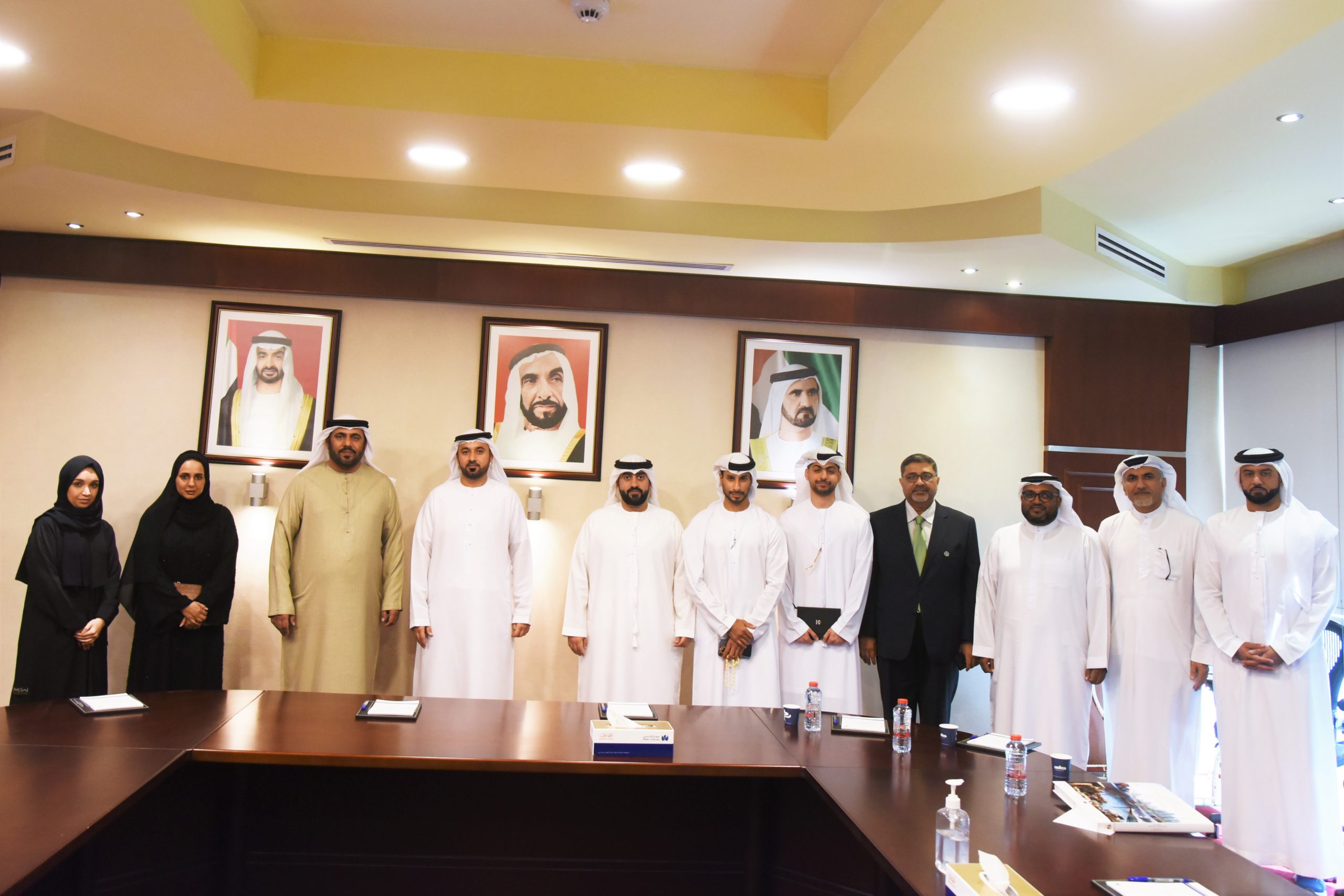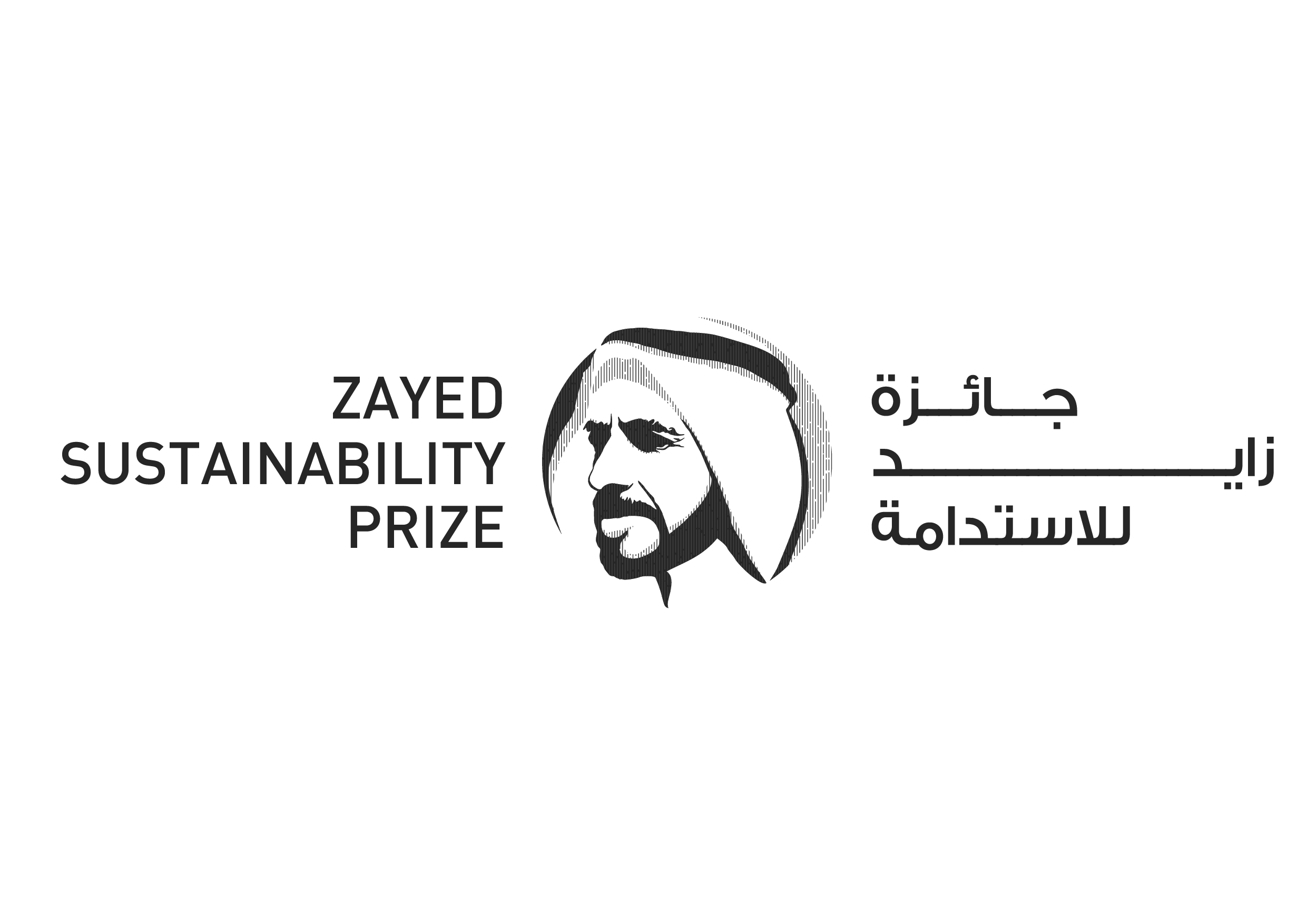DUBAI, 7th December, 2021 (WAM) — Noura bint Mohammed Al Kaabi, Minister of Culture and Youth, reiterated the UAE leadership’s commitment to nurture and develop the cultural and creative sector.
''Nothing has preoccupied my mind in the recent past as the present and future of the creative economy, and how we may enable the UAE to boast a vibrant cultural sphere which also contributes substantially to the local and global economy,'' Noura Al Kaabi said, in her keynote address to the 2nd World Conference on Creative Economy (WCCE), held today at Expo 2020 Dubai, under the theme ''Inclusively Creative, Cultivating the Future''.
The opening session was attended by Audrey Azoulay, Director-General of the United Nations Educational, Scientific and Cultural Organisation (UNESCO), Sheikha Mai Bint Mohammed Al Khalifa, President of the Bahrain Authority for Culture and Antiquities, Sandiaga Salahuddin Uno, Minister of Tourism and Creative Economy of the Republic of Indonesia, Angelica Maria, Minister of Culture of Colombia, and high-level personalities.
''We in the UAE are excited and honoured to be hosting the second edition of the World Conference on Creative Economy after Indonesia. Our thoughts on this are not confined to just the UAE but are inclusive of all other nations in our region and beyond. We have always believed that global cooperation is key to realising the true potential of the creative economy," she told a gathering of global community of entrepreneurs, thinkers, thought leaders, creatives and policymakers, who gathered in Dubai for the three-day conference.
Al Kaabi indicated that the UAE launched a 10-year National Strategy for the Cultural and Creative Industries which marks a shift in the nation’s efforts and ambitions towards a more sustainable creative ecosystem. This, she noted, comes in line with the WCCE, which in itself is very special as it is held on the sidelines of one of the world’s most important cultural events: Expo 2020 Dubai. This conference also marks the closing event of the International Year of the Creative Economy for Sustainable Development.
''Like all countries around the world, the UAE’s creative sector has been significantly impacted by COVID-19. In 2020, we paused, we assessed, then we revived and jumped back stronger than ever. We placed the creative economy centerstage within our economic mindset. Much has changed since the first installment of the WCCE took place in Indonesia back in 2018. While the inaugural conference set the tone for building a vibrant creative ecosystem by focusing on social cohesion, regulations, marketing and financing, the UAE iteration will build a more profound discourse on these topics and discuss how to best position and harness the creative economy in a post-pandemic world,'' she added.
''Many countries, including ours, proved resilient enough to minimise the economic and cultural repercussions of the pandemic. The technological innovations that placed us in good stead during these trying months were themselves the results of human creativity. The creative sector redefined the meaning of ‘normal’ and was quick to adapt and create new ways of work and ingenuity. With many countries closing their borders due to the pandemic, traditional industries struggled to keep up with the demands of a globalised economy. In order to keep afloat, they began to rethink their business models and looked inward for sustenance and autonomy,'' she noted.
According to Al Kaabi, the cultural and creative industries, on the other hand, continued to expand their footprint and reach outward, they opened their heart out to the world transcending borders, cultural and language barriers. Art and culture became the lifeline of humanity and gave people hope in the face of despair.
"Concerts, shows, exhibitions, even museums went live with digitised content, for everyone to experience and enjoy. The virtual world became a great leveller and showed us that art was not just for the elite. Technology helped the democratisation of culture and art, on both ends of the spectrum. It not only accelerated the creative process leading to more opportunities for creatives but also enabled its access to larger audiences. The world discovered how digital transformation along with collaborations enhanced global reach and led to a wider cultural footprint. The cultural and creative sector became the sounding board for humanity and gave hope to the world.
''It is this resilience and adaptability that made the cultural and creative industries standout from the crowd and the whole world took notice. The fact that this conference takes place in a world regaining its footing as a result of a pandemic, makes it even more crucial to our narrative regarding the creative economy. We will continue to discuss this resilience over the course of the conference and find out ways to leverage it to make cultural and creative industries a thriving socioeconomic sector globally.
''We will hear from industry experts, thought leaders, ministers, lawmakers and policymakers, about what has changed from the first conference to now and how creatives and talents can harness this opportunity. As we work to build an inclusive and resilient economic framework, we need to ensure the long-term sustainability of the cultural and creative sectors. The linkage between Cultural and Creative Industries and the UN’s Sustainable Development Goals is clear. A thriving cultural economy is also an unquestionable guarantee for urban recovery and growth."
''Let us come together and present a model that supports the enablement of the creative economy, where we ourselves are creative and collectively work together in service of our shared humanity, building a bright and beautiful future,'' she concluded.
Addressing the conference, Azoulay said creativity has always been the lifeblood of humanity, even in the depths of time. ''Today, creativity continues to permeate society, as we see so clearly at the World Expo, just a few hundred metres away. The event showcases the incredible potential of culture and the creative industries to connect minds and create the future.''
''Moreover, culture and creativity have the power to heal, to weave together societies that have been ripped apart. We see this in UNESCO’s flagship initiative to 'Revive the Spirit of Mosul', to which the United Arab Emirates contributes so much. Culture and creativity also offer answers as we seek to build a more sustainable and peaceful future. We saw this at the Venice Biennale of Architecture, where the UAE Pavilion was awarded the Golden Lion for its innovative and ecological project in response to the fundamental question 'How will we live together?'"
Speaking about the impact of COVID-19 on the culture and creativity sectors, Azoulay said, globally, royalties fell by 10 percent, or over US$1 billion in 2020.
''These times of crisis have also highlighted, more than ever, the essential role of culture in the cohesion of societies, and for each of us as a fundamental dimension of our humanity. Learning from the crisis, we need to seize the long-term opportunities offered by this largely underestimated economic sector, which employs more young people than any other field. That is why culture must be at the heart of recovery plans,'' she stressed.
''UNESCO is committed to placing culture high on the international agenda – as we did through the G20 Culture Ministers’ Meetings, in cooperation with Saudi Arabia last year and Italy last summer. This collective engagement is crucial if we are to tackle the structural challenges affecting culture and creativity.''
The UNESCO chief addressed three of the challenges facing the sector: protecting the creators, digitsalisation and data.
She explained that UNESCO relaunched in July the Aschberg Programme, created 65 years ago to improve the social and economic protection of creators. Through this programme, we will study the impact of public policies on artists, and accompany governments and cultural actors as they work to create effective regulations in this field.
The digitalisation of culture creates many opportunities – as shown by the success of the Theatre of Digital Art in Dubai and around the world. Digital platforms now play a decisive role in providing access to creative works,'' she said.
With regards to data, she added that in a sector whose contours are so complicated to establish, reliable and precise data are essential, better information means a better understanding of needs – which leads to better action.
''This is why we are conducting a global study with the Abu Dhabi Department of Culture and Tourism to assess the impact of the pandemic on culture. It will be released in March next year. Secondly, looking beyond the crisis, data is essential to understand structural challenges facing the cultural sector. For this reason, in March, we released the report 'Gender & Creativity: Progress on the Precipice'. It highlighted the urgent need for accurate global data to fight key issues such as the gender pay gap, or the lack of women in executive positions. Lastly, data can help cultural industries realise their full potential,'' she concluded.
The first World Conference on Creative Economy (WCCE) hosted in Indonesia in 2018, offered a forum for policymakers and industry players to exchange ideas, resolve challenges and identify opportunities within the creative economy. This year, the UAE hosts the second WCCE 2021 at Expo 2020 Dubai, featuring the world’s thought-leaders, aspiring creatives and innovators.
Over the course of three days, a large global community of entrepreneurs, creatives and policymakers will come together in person and virtually, where they will be joined by world-leading speakers, thinkers and policymakers. This is the place to collaboratively and practically engage with the future of the creative economy, helping to build it on inclusive, responsible, and human-first foundations.
WCCE 2021 will see the key players and game changers from around the world come together in the UAE on a dynamic platform to engage with one another and take concrete steps towards a more sustainable creative economy. As the pace of innovation and technological disruption continues to accelerate, WCCE 2021 will serve as a unique forum and an ideal opportunity to share knowledge, analyse trends and debate ideas.

 World3 years ago
World3 years ago
 World2 years ago
World2 years ago
 Entertainment7 years ago
Entertainment7 years ago
 World7 years ago
World7 years ago
 Entertainment7 years ago
Entertainment7 years ago




